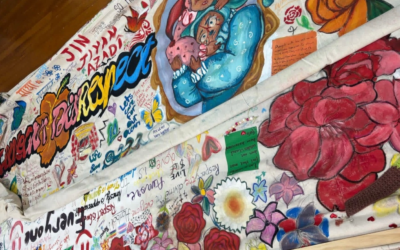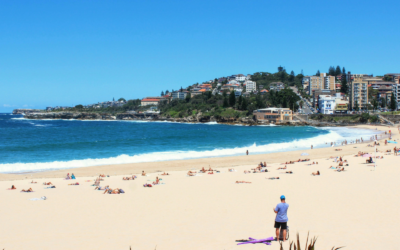August 5th 2024 marks a historical turning point for Bangladesh, an event that revolutionised the political landscape and gave a new voice to the country’s citizens. Earning a second victory over the fascist regime, which had been ruling for 16 years.
What Caused the Government’s Ousting?
Before 1971, the Pakistani government tried to enforce Urdu as the national language. It also played a role in undermining the economy of the formerly known East Pakistan. Bengalis fought against these oppressive tactics which eventually led to Bangladesh being independently recognised.
After almost half a century, that deep-rooted spirit of resistance born from a nation that once stood defiant against colonisers, still runs strong in its people. This ignited the fire of the July 2024 revolution. According to Amnesty International, the mass uprising by students from six of the most renowned universities in capital city Dhaka, started initially as a peaceful protest against the job quota system. This system limited access to services like government jobs only to students who descended from the 1971 independence movement for freedom fighters.
Hundreds of people were left injured, and over 1,000 people were killed. What started as peaceful protests for a fair quota system turned into a nationwide uprising. Daily demonstrations at different locations were coordinated through encrypted group chats and online servers. To hinder this, the government instructed telecommunication operators to shut down 4G network around the country.
The revolution ignited long-suppressed anger and frustration from years of enduring corruption and injustice that they had previously been too afraid to speak out against.
The revolt was an inevitable eruption of long-simmering discontent, with people tired of being denied basic rights.
On an International Scale, What do Student Protests Look Like?
Student-led protests have long been enacted in times of injustice. On American college campuses, students have shown their steadfastness when they spot oppression. Whether in modern-day times where they are calling out universities for being complicit in the ongoing genocide in Gaza by going on hunger strikes, or even at Western, where two students were arrested at a pro-Palestine protest at the Parramatta South campus.
At Fisk University in Nashville, Tennessee, in 1925, demonstrators rejoiced in university president Fayette McKenzie’s resignation. McKenzie implemented racial segregation in his time at the university.
Advocacy on college and university across many campuses, peaked in the 1960s. San Francisco State University was pressured to establish a department for African American studies.
Students across the globe have been fighting for a future they can be proud of. From Palestine, to Bangladesh, to the Black Revolution, students have spoken loudly and their voices cannot be tamed.



